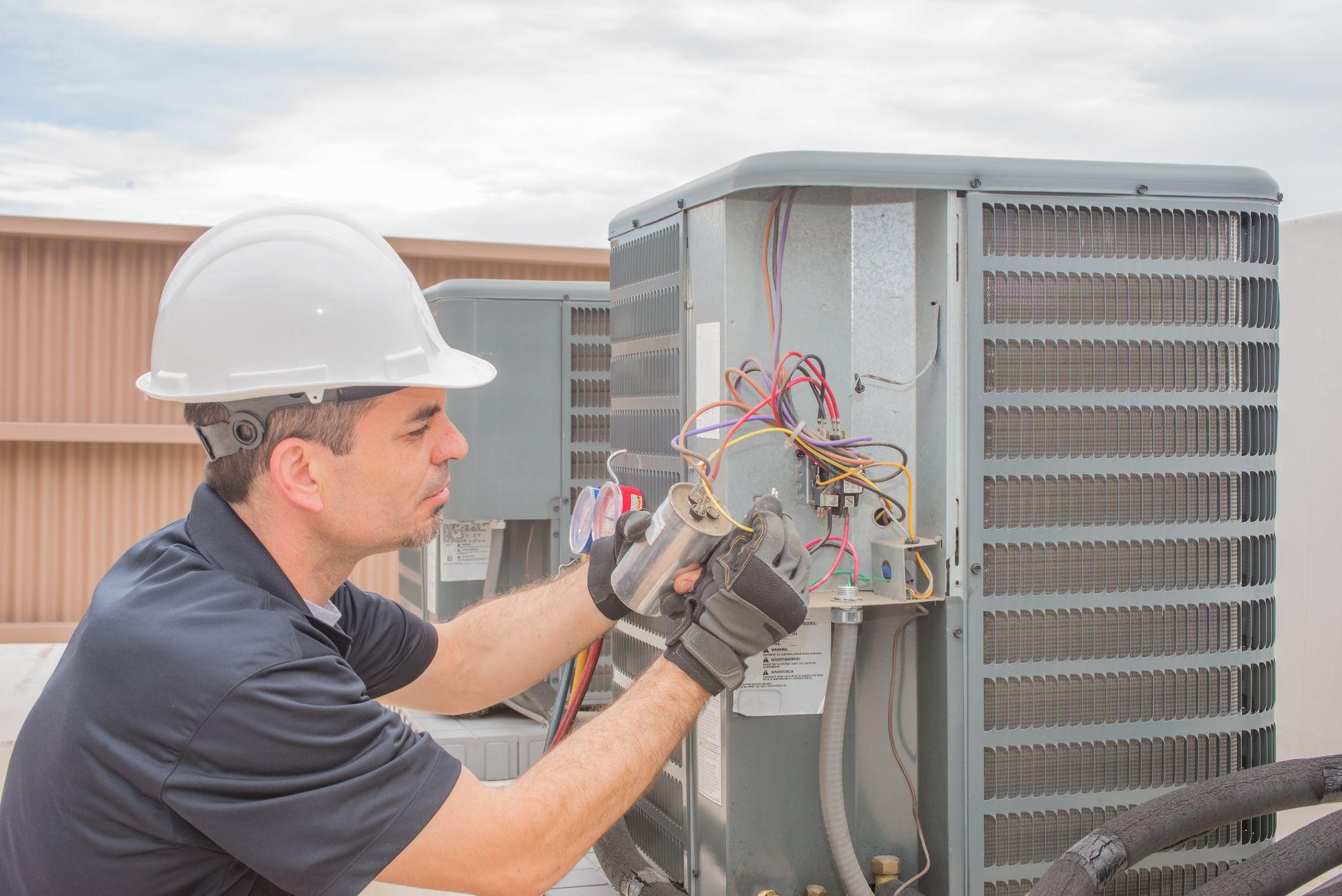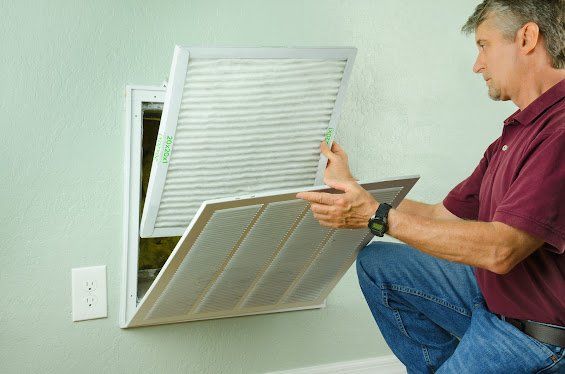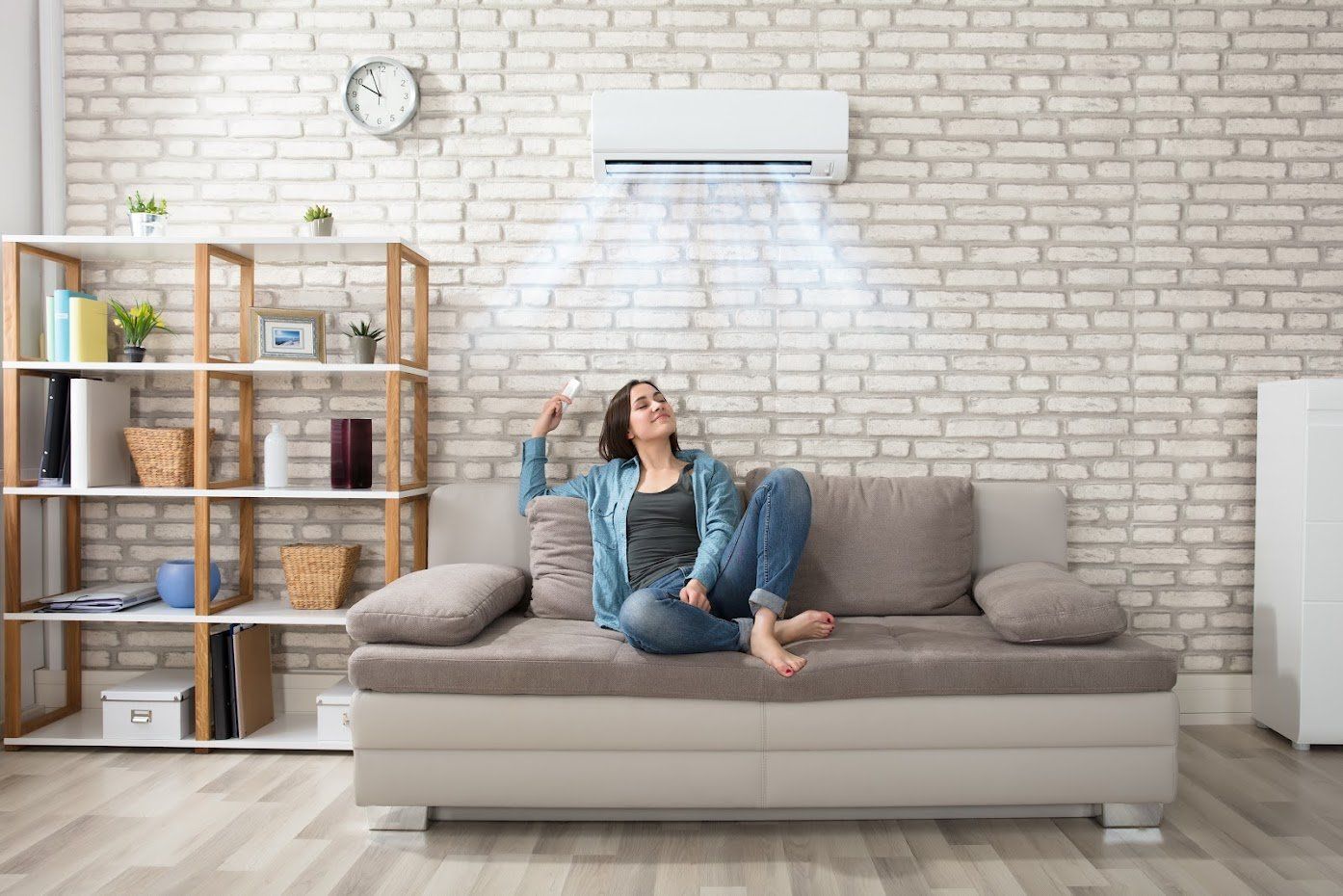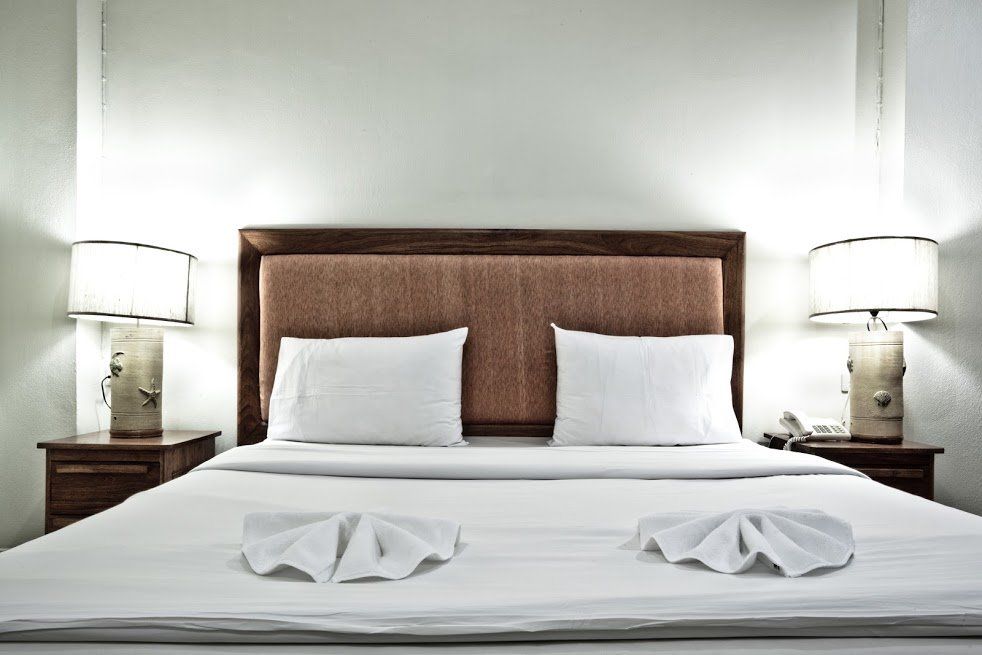3 Ways Air Conditioning Could Improve Sleep in Your Nursing Home
- By websitebuilder
- •
- 24 Jan, 2017
- •

One of the best ways to keep your nursing home residents healthy and happy is to make sure they get a good night's sleep every night. Unfortunately, there are multiple factors that contribute to healthy sleep, and it may seem like it's impossible to address the needs of dozens of people at once.
Thankfully, it doesn't have to be as difficult as it sounds. One of the best ways for nursing home managers to improve sleep is to have a high quality air conditioning system installed in the facility. A commercial system from Shannon's Refrigeration and Air Conditioning could improve your home in multiple ways. Here are 3 ways it could improve your residents' sleep.
Thankfully, it doesn't have to be as difficult as it sounds. One of the best ways for nursing home managers to improve sleep is to have a high quality air conditioning system installed in the facility. A commercial system from Shannon's Refrigeration and Air Conditioning could improve your home in multiple ways. Here are 3 ways it could improve your residents' sleep.
Air Conditioning Prevents Overheating
It won't surprise you to know that one of the main ways air conditioning improves sleep for the elderly is by cooling down their sleeping environment. While most people like to be cosy in bed, no one likes to be too hot. The body's heat regulation system is directly linked to sleep: too much heat, and your residents will find themselves waking up at night or sleeping restlessly.
Aside from directly affecting the ability to sleep, too much heat can also lead to dehydration. Dehydration leads to further sleep problems, from inducing fatigue to decreasing melatonin.
Overheating can be a problem for anyone's sleep pattern, but it's even more of an issue for elderly bodies. As the body ages, its ability to regulate temperature gradually decreases.
Generally, the science says that a cooler environment is more conducive to a good night's sleep. 15.5 to 19.5 degrees Celsius is the recommended sleeping temperature for healthy adults, though bedroom temperature should be above 18 degrees Celsius for those aged over 65.
On an Australian summer night, temperatures can soar much higher than this without an air conditioning unit that's working efficiently.
A comprehensive cooling system with individually controlled units in each room is the best way to ensure residents can sleep at a temperature that makes them feel comfortable.
Aside from directly affecting the ability to sleep, too much heat can also lead to dehydration. Dehydration leads to further sleep problems, from inducing fatigue to decreasing melatonin.
Overheating can be a problem for anyone's sleep pattern, but it's even more of an issue for elderly bodies. As the body ages, its ability to regulate temperature gradually decreases.
Generally, the science says that a cooler environment is more conducive to a good night's sleep. 15.5 to 19.5 degrees Celsius is the recommended sleeping temperature for healthy adults, though bedroom temperature should be above 18 degrees Celsius for those aged over 65.
On an Australian summer night, temperatures can soar much higher than this without an air conditioning unit that's working efficiently.
A comprehensive cooling system with individually controlled units in each room is the best way to ensure residents can sleep at a temperature that makes them feel comfortable.
Air Conditioning Reduces Noise
It doesn't take much noise to wake a sleeping senior. In fact, research shows that an increase of just 6 decibels can be enough to wake up some nursing home residents.
Noise in nursing homes generally stems from more than one place. Most managers focus on trying to reduce noise coming from inside the home, such as that from the TVs or employees. While this can reduce noise significantly, there's still another source of noise that can be even more disturbing: outdoor sounds.
No nursing home exists in a vacuum. Wherever your facility is based, you're likely to face outside noise, whether it's from traffic and vehicles in a city home or livestock and agriculture in a rural home.
If you don't have an adequate ventilation and cooling system, you'll likely have a lot of residents opening their windows at night to get some fresh air. Having a new air conditioning system installed will eliminate the need for open windows, drastically reducing noise that could wake your residents up.
While it may seem counter-intuitive to use machinery to reduce noise, remember that many modern air conditioning units produce a lot less noise than their older counterparts.
Noise in nursing homes generally stems from more than one place. Most managers focus on trying to reduce noise coming from inside the home, such as that from the TVs or employees. While this can reduce noise significantly, there's still another source of noise that can be even more disturbing: outdoor sounds.
No nursing home exists in a vacuum. Wherever your facility is based, you're likely to face outside noise, whether it's from traffic and vehicles in a city home or livestock and agriculture in a rural home.
If you don't have an adequate ventilation and cooling system, you'll likely have a lot of residents opening their windows at night to get some fresh air. Having a new air conditioning system installed will eliminate the need for open windows, drastically reducing noise that could wake your residents up.
While it may seem counter-intuitive to use machinery to reduce noise, remember that many modern air conditioning units produce a lot less noise than their older counterparts.
Air Conditioning Improves Breathing
Aside from loud noises, there's another big problem that elderly nursing home residents face when they open their windows: pollution. Unsurprisingly, outdoor air is full of contaminants from vehicles, construction, and so on, which can be damaging to fragile respiratory systems.
What's more surprising is that indoor air can be even more polluted than outdoor air. In some areas, it's been found to be 100 times more polluted. Nursing homes are no exception, especially given the frequent use of cleaning products that put volatile compounds into the air.
The contaminants and toxins found in nursing homes as a result of poor air quality can lead to or worsen respiratory problems. These range from minor problems like coughing and shortness of breath to serious problems like chronic obstructive pulmonary disease.
One of the consequences of breathing problems is poor sleep. Breathlessness can lead to frequent awakening during the night. Some residents may not realise their breathing problems are directly affecting their sleep, instead waking up feeling tired, demotivated and depressed.
With a good air conditioning system, you can relieve and even prevent respiratory issues in your residents, keep them cool and comfortable, and prevent excess noise from outside. Contact Shannon’s Refrigeration and Air Conditioning to learn more.
What's more surprising is that indoor air can be even more polluted than outdoor air. In some areas, it's been found to be 100 times more polluted. Nursing homes are no exception, especially given the frequent use of cleaning products that put volatile compounds into the air.
The contaminants and toxins found in nursing homes as a result of poor air quality can lead to or worsen respiratory problems. These range from minor problems like coughing and shortness of breath to serious problems like chronic obstructive pulmonary disease.
One of the consequences of breathing problems is poor sleep. Breathlessness can lead to frequent awakening during the night. Some residents may not realise their breathing problems are directly affecting their sleep, instead waking up feeling tired, demotivated and depressed.
With a good air conditioning system, you can relieve and even prevent respiratory issues in your residents, keep them cool and comfortable, and prevent excess noise from outside. Contact Shannon’s Refrigeration and Air Conditioning to learn more.















